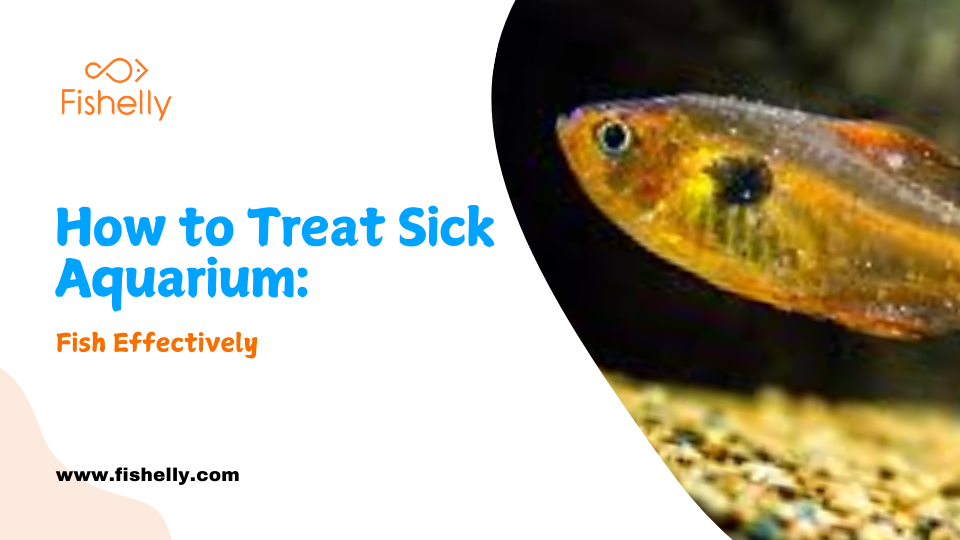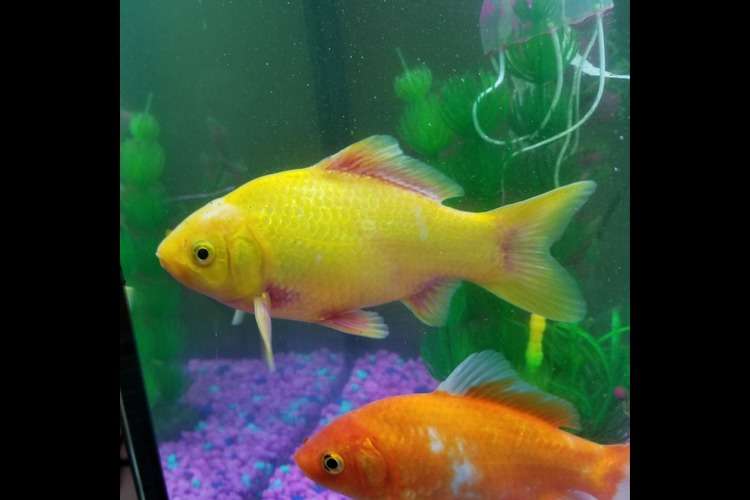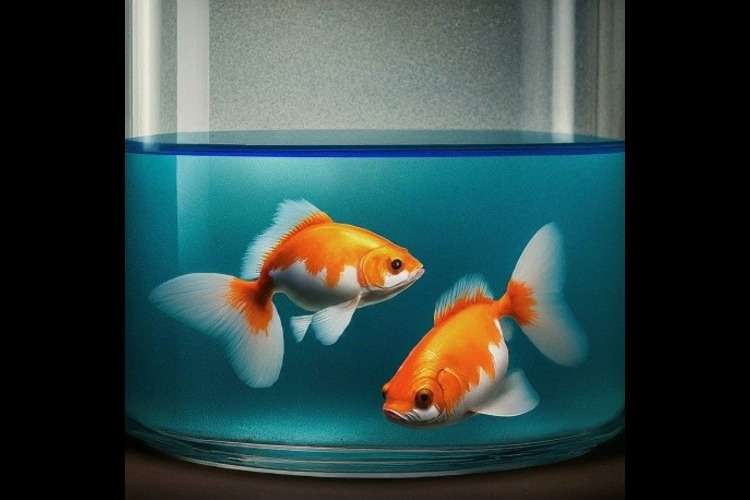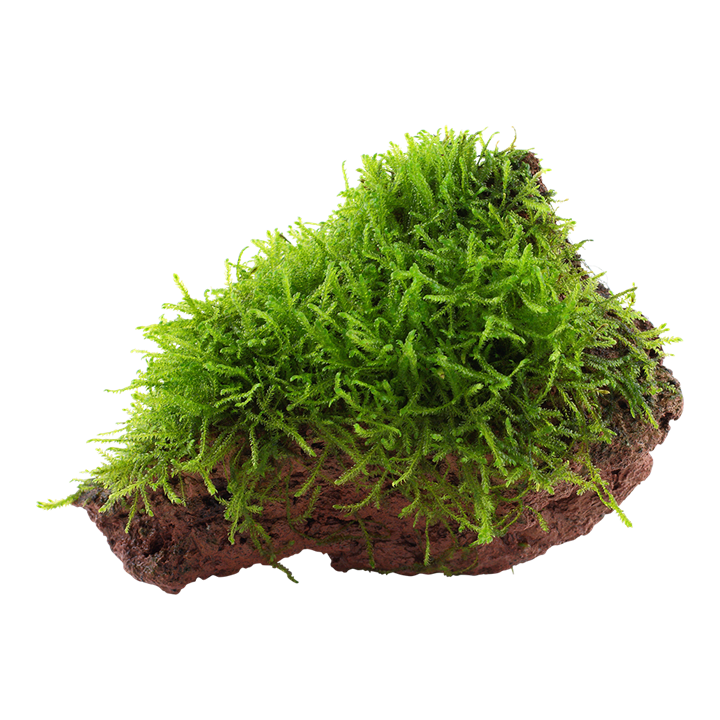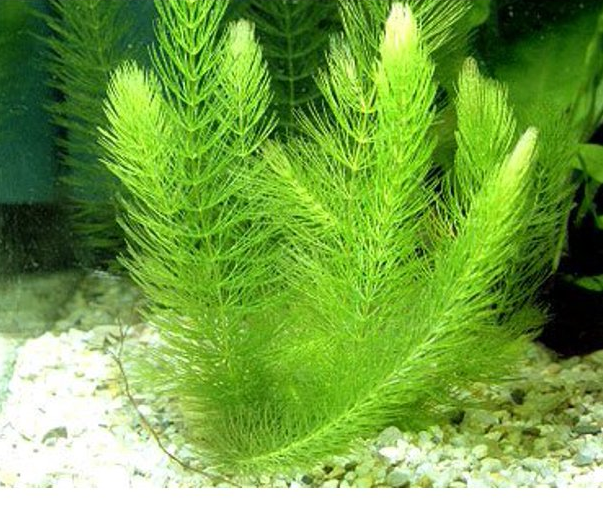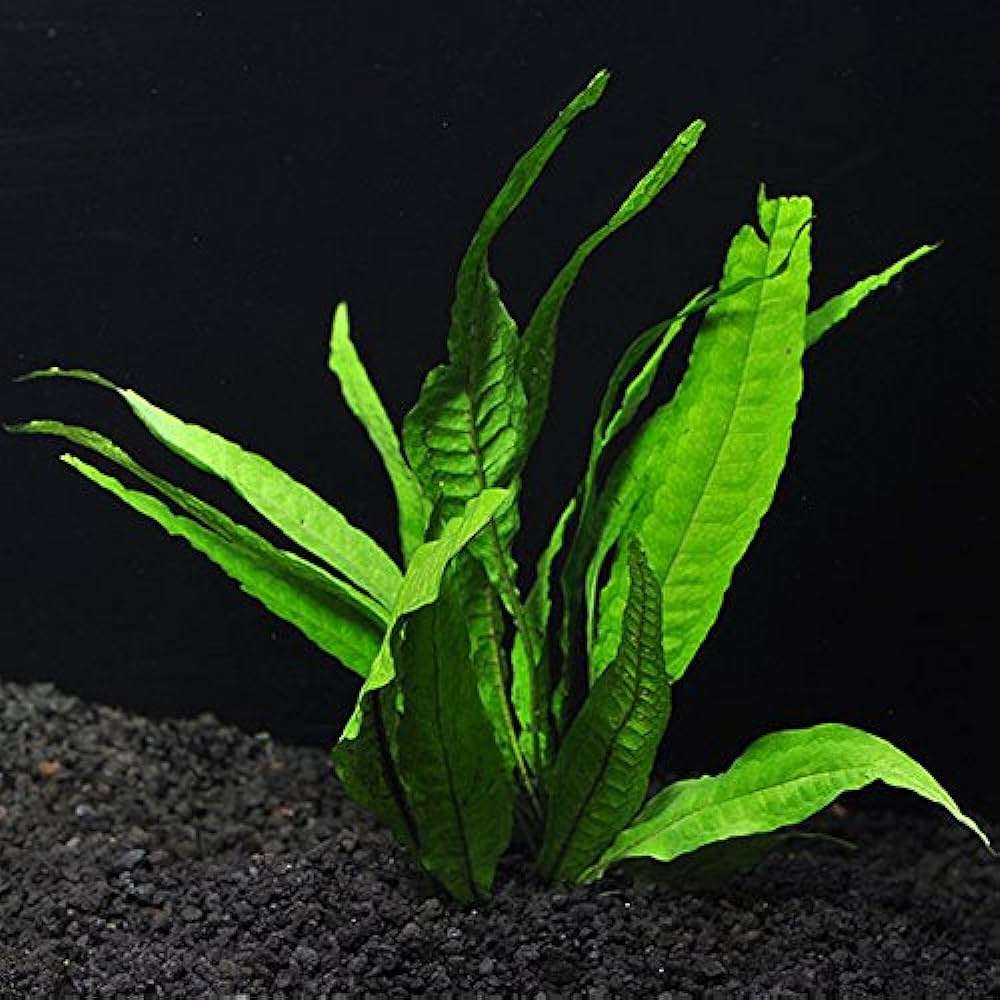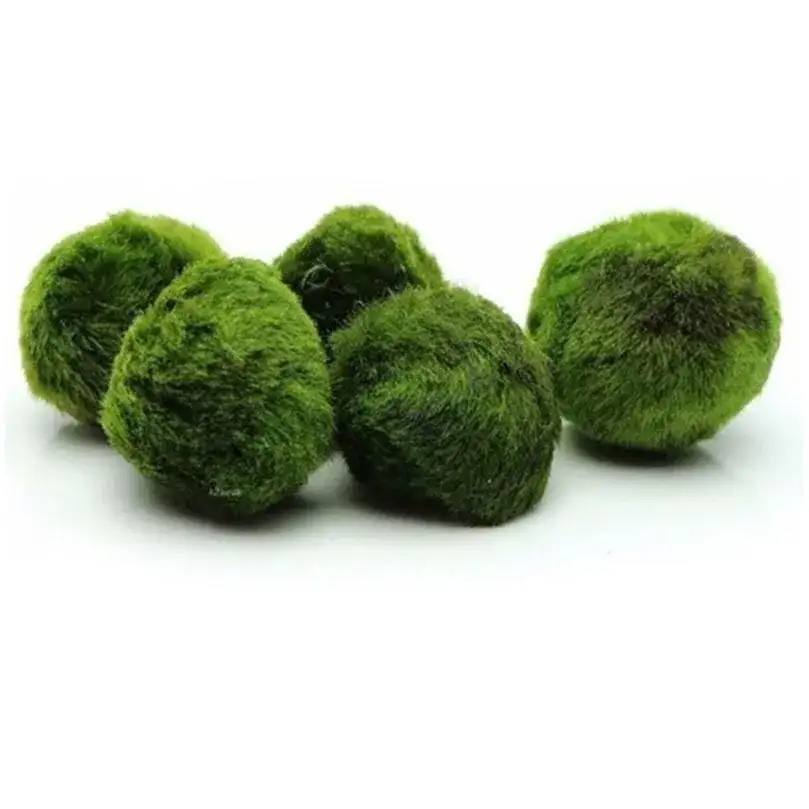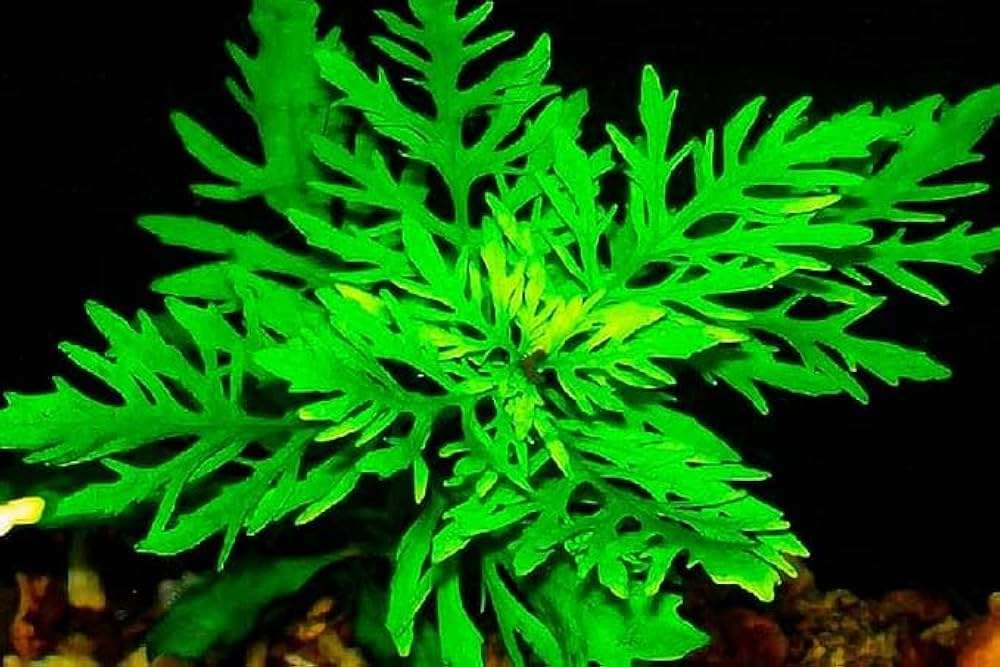How to Treat Sick Aquarium Fish Effectively
Learn how to treat sick aquarium fish with our step-by-step guide. Identify symptoms, improve water quality, administer medication, and provide proper care for recovery.
Table of Contents
- Identify the symptoms
- Isolate the Infected Fish
- Check and Improve Water Quality
- Research the Illness
- Medication Administration
- Provide Proper Nutrition
- Keep the Environment Stress-Free
- Monitor and Observe
- Prevent Future Illnesses
- Faq
- Conclusion
Sometimes, the fish in aquariums become sick, and it becomes a must identify the cause of the disease and then treat the fish right away. A sick fish can have numerous diseases ranging from bacterial infection to infestation of parasites or poor quality of water. This article will detail how to treat ailing aquarium fish. How to treat your aquarium fish: Recovery.
Identify the symptoms
Identifying symptoms: Treating sick fish requires diagnosis and identification of symptoms. These signs and symptoms may include:• Lack of appetite
• Inaccurate swimming patterns and general behavior
• Loss of bright colors or the skin, which may have turned dull, dark, or lost
• Lesions, sores, and body growth
• Clamped fins and heavy breathing
• Skin lesions or white spots
Observe for abnormal signs or behaviors in the fish. Such signs or symptoms can indicate the disease that your fish may have.
Isolate the Infected Fish
Once you determine that a fish is ill, it must be isolated from the rest of the aquarium. This will prevent potential spread of disease to healthy fish and give the sick fish an opportunity to recover in a stress-free environment. Utilize a quarantine tank or another separate container with clean conditioned water.
Check and Improve Water Quality
Poor water quality is one of the leading causes of illness in aquarium fish. Check the water for key parameters such as pH, ammonia, nitrites, nitrates, temperature, and salinity. Ensure that the water conditions are within the optimal range for the species in your tank.
· Ammonia and nitrite levels must always be at zero.
· Nitrate levels should always be kept below 20-30 ppm.
· Keep the temperature and pH in your aquarium at the proper levels for your fish species.
Doing a partial water change can often help improve water quality, which will help reduce the stress on your fish. Make sure the new water is treated and the same temperature as the tank.
Research the Illness
After you have identified symptoms and ensured good water quality, research the illness that may be affecting your fish. Some common aquarium fish diseases include:
Ich (White Spot Disease): A parasite that manifests as white spots on the body of the fish.
Fin Rot: Bacterial infection that leads to the deterioration of the fins.
Dropsy: Bacterial infection that leads to bloating and swelling in the fish.
Velvet Disease: A parasitic infection that causes a golden or rusty appearance on the skin of the fish.
Swim Bladder Disease: A condition that affects the buoyancy and swimming ability of the fish.
Every disease is treated in a different way, hence knowing the disease is of prime importance to administer appropriate care.
Medication Administration
Once you’ve identified the illness, treat your sick fish with the appropriate medication. There are many types of fish medications available, including those for bacterial, fungal, and parasitic infections. Always read the instructions carefully and follow dosage recommendations. Medications may be added to the tank water or directly to the sick fish’s quarantine tank.
For bacterial infections: Use antibacterial treatments or antibiotics.
Against parasitic infections: The use of anti-parasitic treatments is possible using copper-based treatments or formalin.
Against fungal infections: Using anti-fungal medications
For external wounds or lesions: Using wound care treatments or antiseptic baths. In some cases, the water temperature needs to be elevated or other conditions such as salinity adjusted in order to be effective, so modify the environment as necessary
Provide Proper Nutrition
Sick fish will often lose their appetite, but they must be fed nutritious food. Good quality fish food, particularly foods formulated for sick fish, such as medicated flakes or pellets, can boost the immune system and promote recovery. Feed small amounts several times a day to prevent water pollution from rotting food.
Keep the Environment Stress-Free
Stress may make the sickness of the fish worse, so it's really important to keep the surroundings calm and peaceful. Don't make loud noises, make sudden movements, or over-crowd the tank. Provide lots of hiding spots so the fish can withdraw when necessary and reduce lighting to reduce stress.
Monitor and Observe
Continue to monitor the fish's condition during treatment. Look for improvements, such as increased appetite, restored color, and more active behavior. If there is no improvement after several days, or if the condition worsens, it may be necessary to consult a veterinarian who specializes in fish.
Prevent Future Illnesses
Once the fish is recovered, prevent future diseases by checking water quality often, not feeding too much, and cleaning the tank regularly. New fish quarantined before being released into the main tank prevent diseases from spreading.
Faq
1.How can I identify if my fish is sick?
Look for signs like loss of appetite, abnormal swimming, dull skin, lesions, clamped fins, and white spots.
2.What should I do if I notice a sick fish?
Isolate the sick fish in a separate quarantine tank.
3.How do I ensure good water quality in my aquarium?
Check pH, ammonia, nitrites, nitrates, temperature, and salinity. Keep ammonia/nitrites at zero, and nitrates below 30 ppm.
4.What are common aquarium fish diseases?
Common diseases include Ich, Fin Rot, Dropsy, Velvet Disease, and Swim Bladder Disease.
5.How do I treat aquarium fish diseases?
Use the correct medication: antibiotics for bacterial infections, anti-parasitic treatments for parasites, and anti-fungal treatments for fungal infections.
6.What should I feed sick fish?
Offer small amounts of nutritious, medicated food.
7.How can I reduce stress for sick fish?
Keep the environment calm with minimal noise, avoid overcrowding, and provide hiding spots.
8.How do I monitor the progress of a sick fish?
Look for improved appetite, color, and behavior. If no change occurs, consult a vet.
9.What can I do to prevent future illnesses in my fish?
Regularly check water quality, avoid overfeeding, and quarantine new fish.
10.How can I ensure my fish stay healthy?
Maintain good water quality, proper diet, and a stress-free environment.
Conclusion
Prompt attention, proper care, and accurate information are essential for treating sick fish. Isolating the sick fish, ensuring water quality, and using the right medication help maintain their health. With proper care and diet, fish can remain healthy and stress-free.
